Search Results
Search
Filter results
Advanced Filters
Your search returned 280 Solutions
-
Inclusive Education
rolled out throughout Ghana
Ghana's inclusive education policy and a comprehensive implementation plan (2015 to 2019) have led to the nationwide introduction of inclusive education. The programme started in 2009, by 2011 a total of 529 schools were participating and 1,322 teachers and specialists from the Ghanaian Education Service were trained.
Ghana Education Service, Special Education Division, Inclusive Education Policy, Ghana -
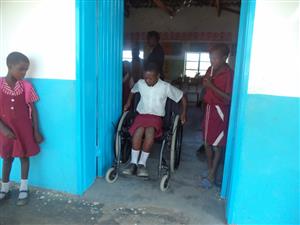
Integrating Inclusive Education in local communities in Zimbabwe
The project’s two model schools have a total enrolment of 738 children, including 85 with disabilities. 7 teachers were trained in sign language and Inclusive Education issues, as well as 14 school development committee members. Some 2,000 community members were informed on Inclusive Education through awareness campaigns.
Jairos Jiri Association, Zimbabwe -
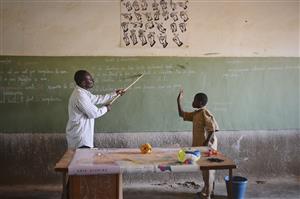
Multi-stakeholder approach towards Inclusive Education in Burkina Faso
A multi-stakeholder approach is creating an inclusive environment whereby children with disabilities and other vulnerable children can attend a school close to their hometown. The project in the community of Garango is a pilot project that will serve as a model for the National Strategy of Inclusive Education in Burkina Faso.
OCADES Caritas Burkina, Burkina Faso -
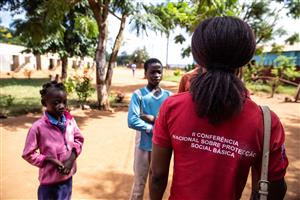
Inclusive Teacher-Training Centres
ADPP, a Mozambican NGO, and Light for the World are working together to transform rural teacher-training centres (TTC) into centres of expertise on Inclusive Education. ADPP acts as the implementing partner, while Light for the World provides most of the funding as well as the Inclusive Education expertise.
ADPP - Aid for the Development of People for People Mozambique, Teacher Training Centres, Mozambique -
Training the teachers and their trainers in Inclusive Education
A key part of the programme is the provision of training courses on Inclusive Education at the Armenian State Pedagogic University, where there are two compulsory and two optional courses on Inclusive Education. 200 mainstream schools are supported to become inclusive and some 5,000 teachers from these schools are beiing trained.
Bridge of Hope, Armenia -

Canada ́s New Brunswick forbids segregated education
Canada’s province of New Brunswick adopted a legally-binding policy on Inclusive Education in 2013, setting out clear and easy to follow requirements for all public schools, installing education support teams, and defining Personalized Learning Plans. It forbids segregated settings and targets all children, not only those with disabilities.
New Brunswick Department for Education and Early Childhood Development, Policy 322 on Inclusive Education of 2013, Department of Education and Early Childhood Development, New Brunswick, Canada, Canada -
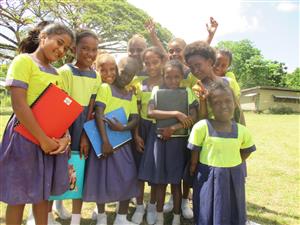
Developing indicators for Inclusive Education in the Pacific region
"Pacific INDIE" was developed based on a comprehensive methodology, including surveys with the Ministerial representatives from 14 Pacific countries, and focus group discussions in four selected countries (Fiji, Samoa, Solomon Islands, and Vanuatu). The indicators were then refined following review by an international reference group.
Monash University, Australia -
A training course for teachers on how to use the arts to make their education practices inclusive
Mais Diferenças' Inclusive Education Laboratory, Brazil: Specializes in inclusive art-based teaching methods for public school educators in São Paulo. From 2019 to 2023, trained 300 educators from 233 schools across five editions.
Inclusive Education Laboratory, Brazil -
Persons with intellectual disabilities working as university lecturers
The Institut für Inklusive Bildung qualifies people with intellectual disabilities and provides them with job opportunities, mostly teaching about the specific requirements of people with intellectual disabilities. As "education specialists" ("Bildungsfachkraft") they teach in high schools, speak at conferences, and conduct workshops.
Institute for Inclusive Education, Germany -
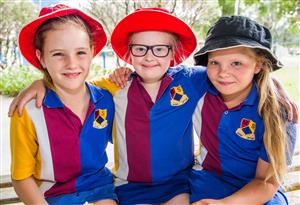
A rights-based approach for young people to have a place in mainstream classrooms
The Inclusive Education Policy, implemented in 2018, is designed to ensure that all children and young people in Queensland attend their local state school. Each institution is allocated appropriate resources and funding. Individual support during implementation is provided by regional inclusion coaches.
Queensland Department of Education, Inclusive Education Policy, Australia